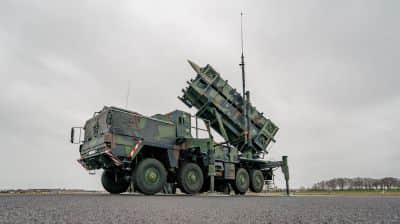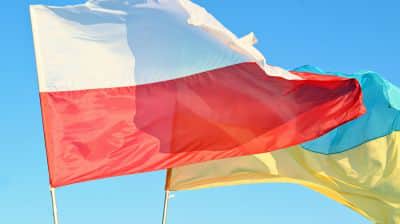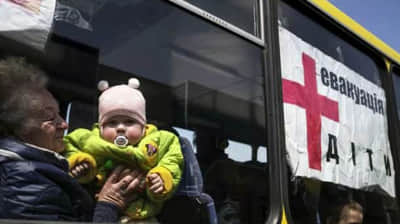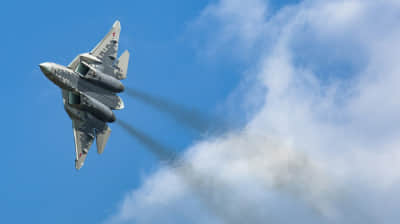Media learn about Kremlin's plans to influence Baltic states
Journalists from several publications have obtained documents prepared several years ago revealing Russia's strategy of influence in the Baltic states.
Source: As European Pravda reports, relevant materials were published in LRT, Delfi Estonia, Expressen, Dossier centre, Kyiv Independent, NDR (Norddeutscher Rundfunk), Frontstory.pl, Süddeutsche Zeitung, VSquare, WDR (Westdeutscher Rundfunk), Yahoo News, and Re:Baltica. These media obtained and examined the documents.
Details: The materials studied concern Russia's long-term plans for Estonia, Latvia, and Lithuania. Similar plans of the Russian Federation have already been revealed for Belarus and Moldova.
Most likely, the documents were prepared in autumn 2021. However, it does not seem that the authors of these documents knew that Russian President Vladimir Putin was preparing a full-scale war against Ukraine. There are no mentions of the expected consequences of this, which would be impossible not to take into account in the plans for the Baltics contained in the papers.
The strategy for each of the countries consists of two parts. In the first, they describe what Russia sees as a threat to itself, and in the second, how they plan to counter these threats. All goals were expected to be reached by respective time frames – in 2022, 2025, and 2030.
In general, Russia defines its goals as the preservation of the maximum presence of the Russian language in education, the creation of pro-Russian organisations and the influence on society through them, opposition to the demolition of Soviet-era monuments, and the promotion of the Russian historical narrative in opposition to what Russia itself considers "falsification". In Estonia and Latvia, the Russian Federation relies heavily on the Russian-speaking minority to achieve its goals.
In addition, they planned to encourage businesses from the Baltic states to enter the Russian market.
The journalists recalled the events of the past year that resembled elements of the implementation of the strategy in the activities of local pro-Russian activists and organisations. They conducted campaigns to protect Soviet monuments, organising rallies against their demolition, and prepared appeals to the UN.
The lion's share of the strategy is dedicated to weakening NATO’s presence in the Baltic states.
In the plans, the Kremlin clearly fears that a large NATO base will appear in Lithuania. It has declared its goals of preventing the placement of air defence and medium-range anti-missile systems integrated into the Alliance's common sky defence system and reducing the presence of allied troops and combat readiness measures.
In the long term, the Russian Federation wanted to create conditions under which the country's authorities would "recognise the potential harm" to their security due to the growing influence of NATO in the region and would want deeper cooperation with Russia. These intentions are practically the same for all three Baltic states.
The most undesirable scenario for Russia is the active participation of the Baltic states in activities arranged by NATO and the increase in the presence of allied troops there, as well as sanctions and trade restrictions, which happened after 24 February 2022.
Journalists fight on their own frontline. Support Ukrainska Pravda or become our patron!







